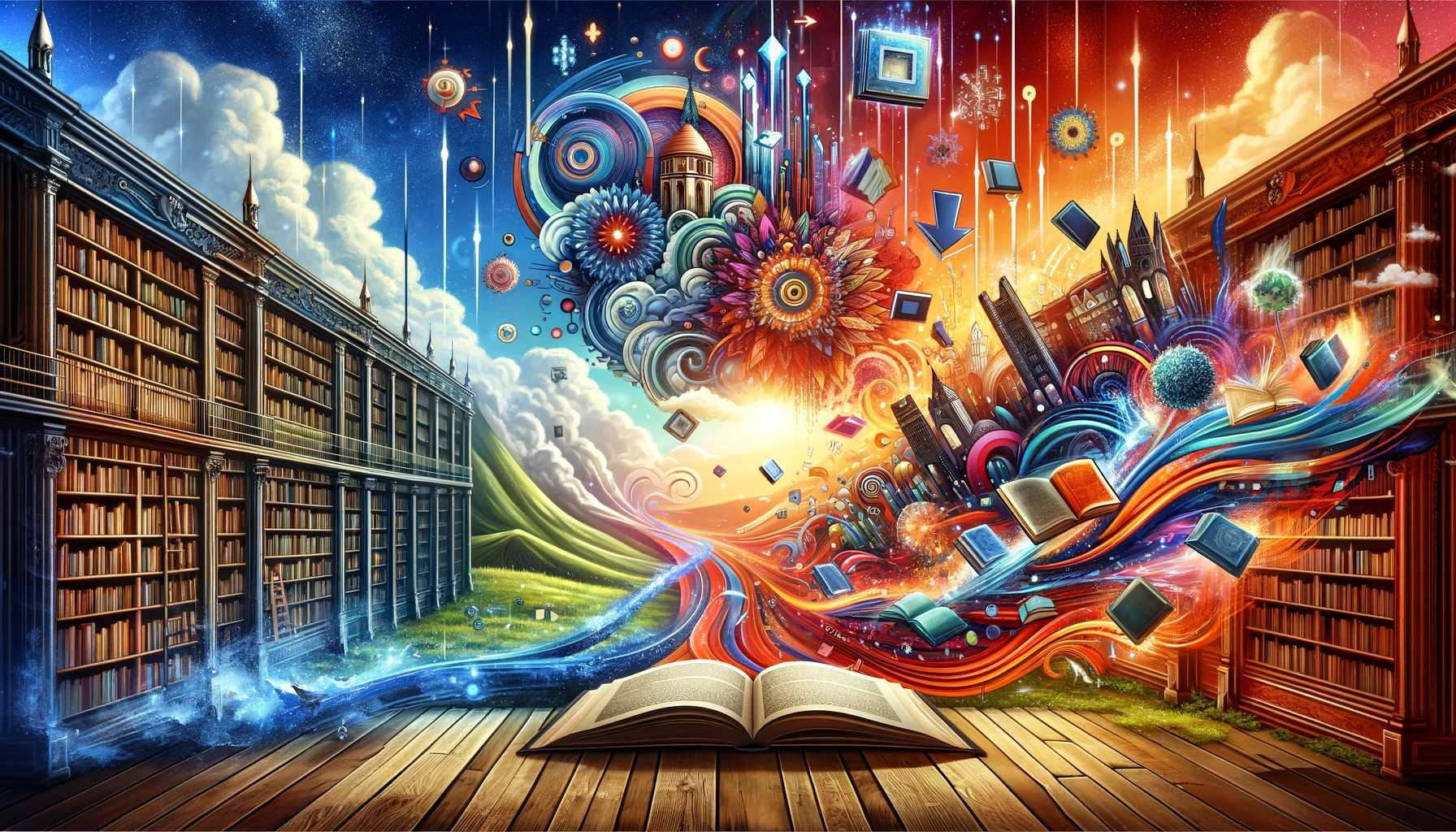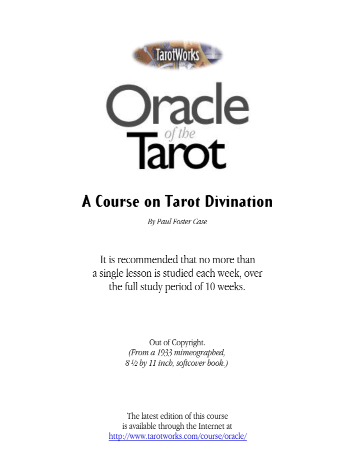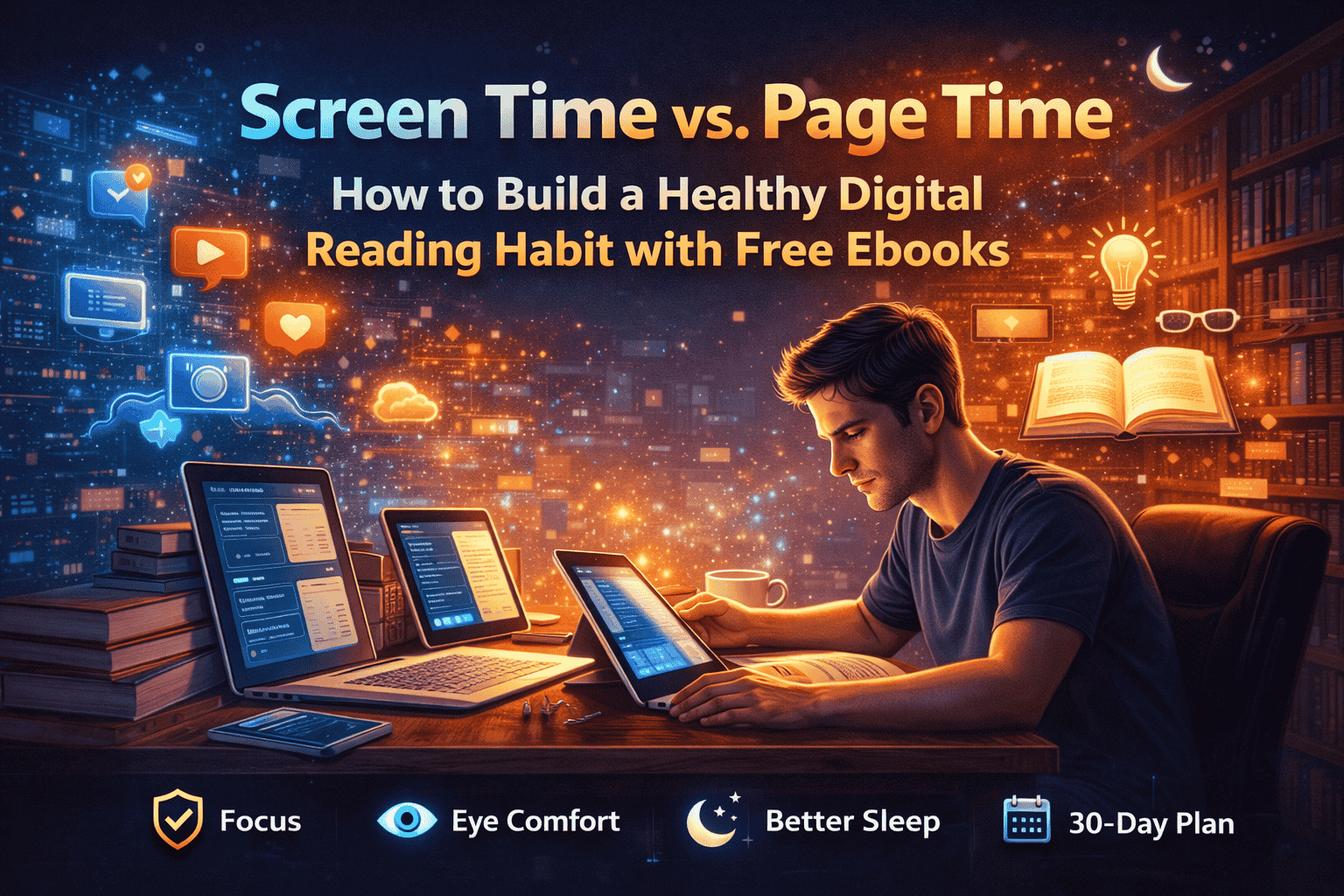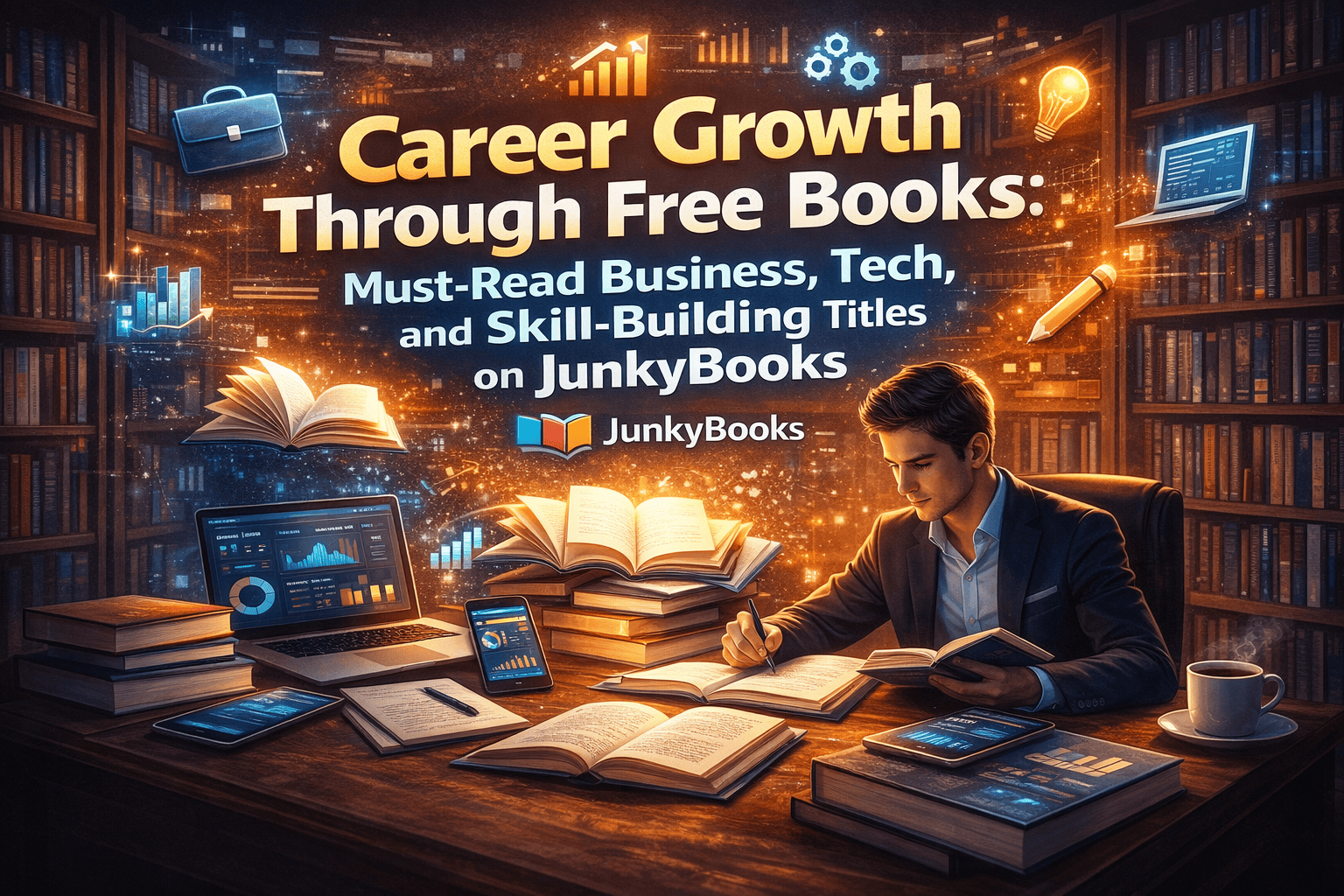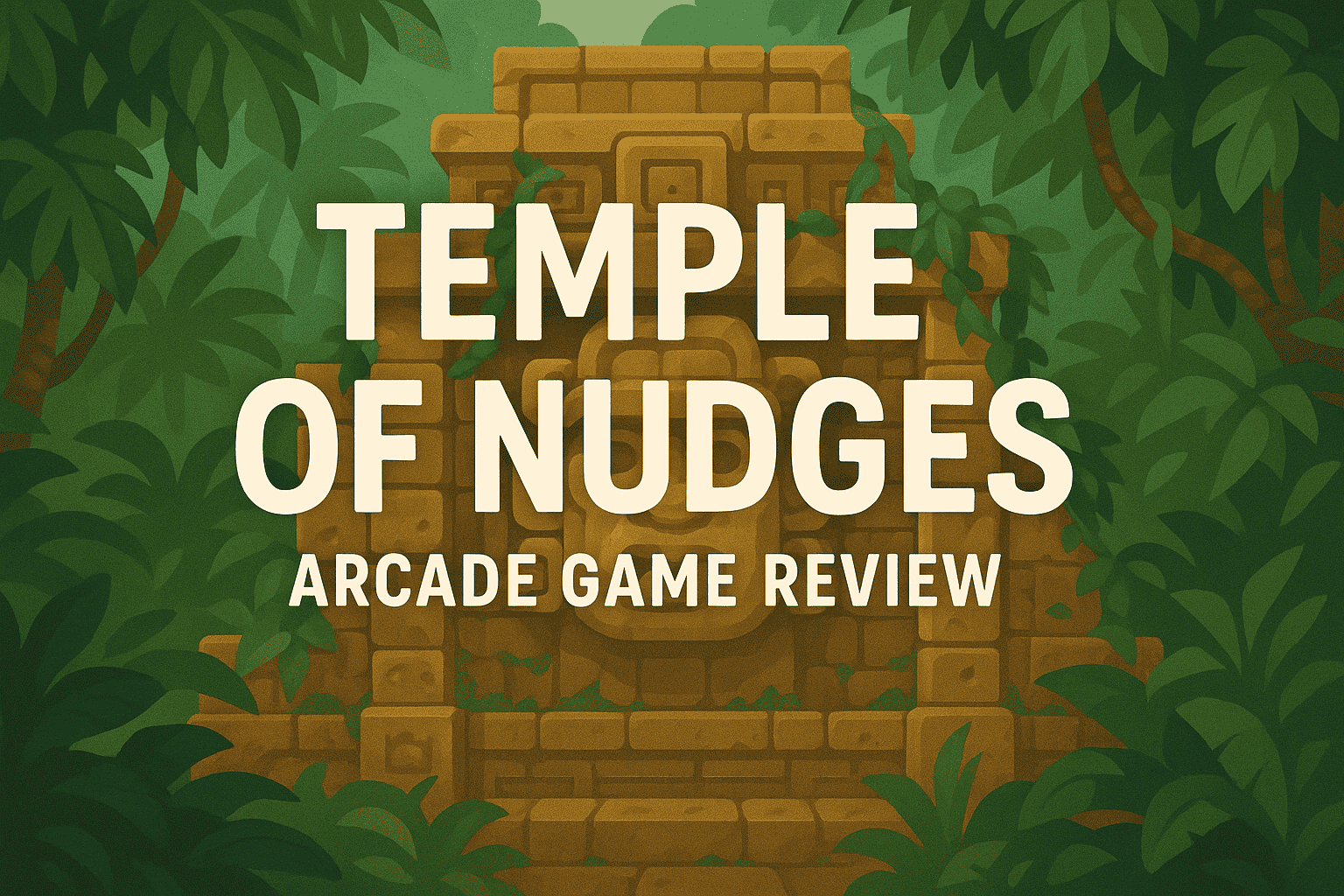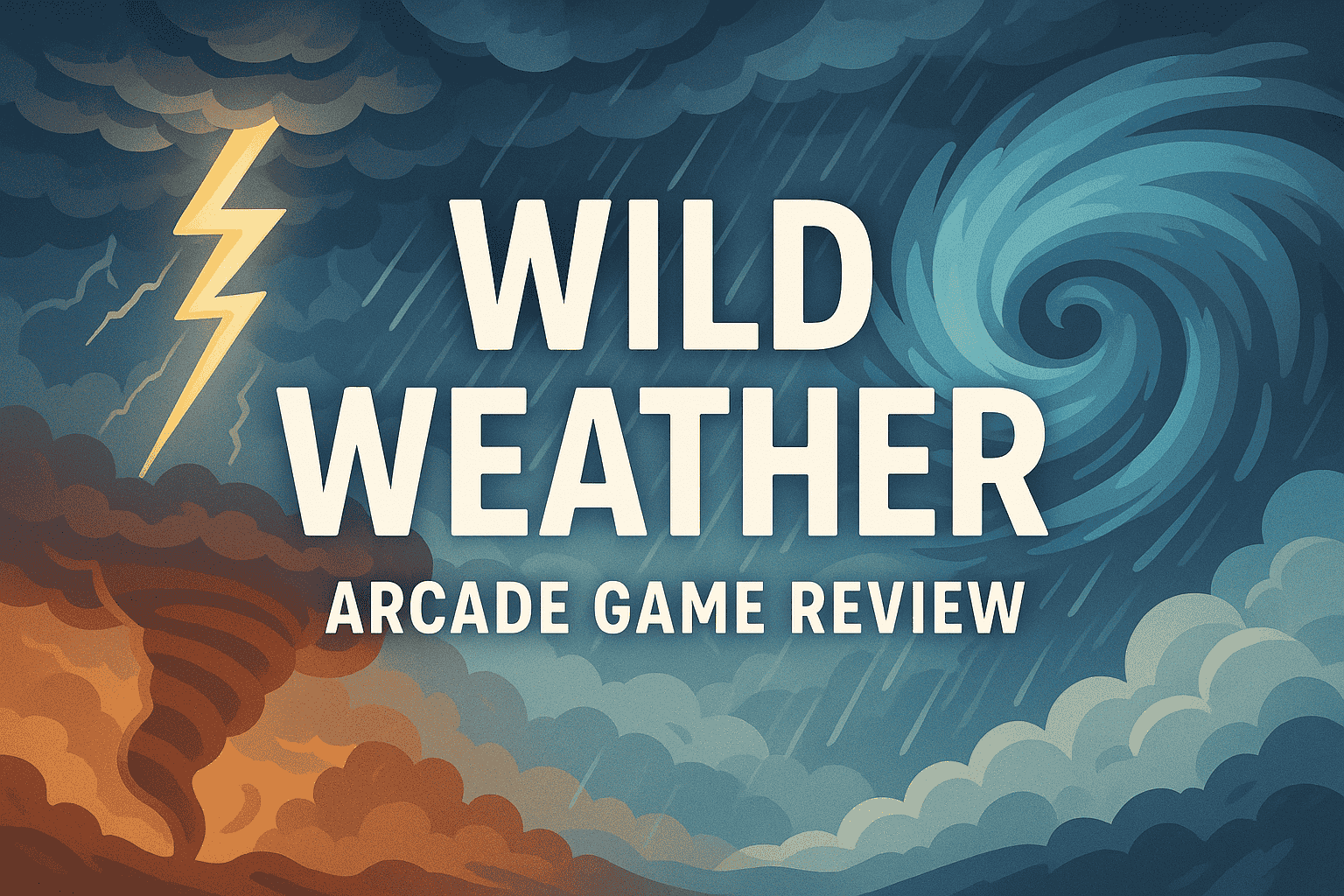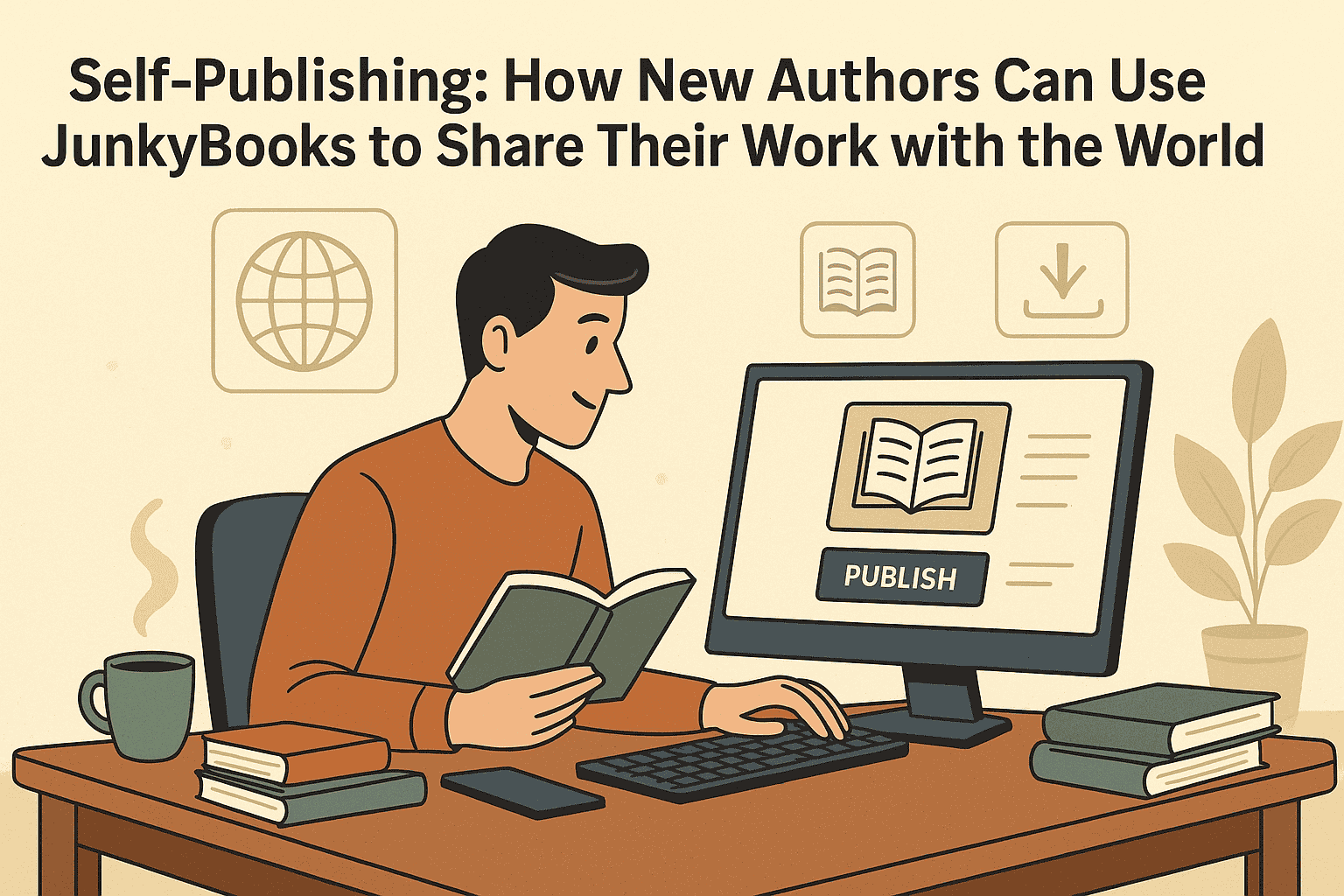Genre Revolution: Redefining a Literary Category
Hey there, bookworms and literary adventurers! Have you noticed how the lines between literary genres are blurring more than ever before? The literary world is undergoing a fascinating transformation as traditional genres evolve and new ones emerge. This genre revolution is redefining what we read and how we categorize literature. Today, we’re diving into the heart of this revolution to explore how and why genres are shifting, blending, and expanding. Buckle up and join us on this exciting journey through the ever-changing landscape of literary genres.
1. Understanding Literary Genres: A Brief Overview
Before we delve into the revolution, let’s take a quick look at what literary genres are. Genres are categories that classify literature based on similar characteristics, themes, and styles. Traditionally, genres have provided readers with a roadmap to navigate the vast world of books, helping them find stories that align with their tastes and preferences.
Common Traditional Genres
- Fiction: Includes subgenres like literary fiction, historical fiction, and romance.
- Non-Fiction: Encompasses memoirs, biographies, and self-help books.
- Fantasy: Features magical elements, mythical creatures, and imaginary worlds.
- Science Fiction: Explores futuristic concepts, advanced technology, and space exploration.
- Mystery and Thriller: Focuses on crime, suspense, and solving puzzles.
- Horror: Aims to evoke fear and suspense through supernatural or psychological elements.
While these categories have served us well, the boundaries of genres are increasingly being pushed and redefined.
2. The Rise of Hybrid Genres: Blending and Merging
One of the most exciting aspects of the genre revolution is the rise of hybrid genres. These are books that blend elements from multiple genres to create something entirely new and unique. Hybrid genres offer fresh and innovative storytelling that defies traditional boundaries and expectations.
Examples of Hybrid Genres
- Science Fantasy: Combines elements of science fiction and fantasy, such as futuristic technology coexisting with magical systems. Examples include Anne McCaffrey’s Dragonriders of Pern series.
- Romantic Thriller: Blends romance with suspense and action, offering love stories set against the backdrop of high-stakes drama. Examples include Nora Roberts’ The Witness.
- Historical Fantasy: Merges historical settings and events with fantastical elements. Examples include Susanna Clarke’s Jonathan Strange & Mr Norrell.
- Speculative Fiction: An umbrella term that encompasses genres like science fiction, fantasy, and dystopian, exploring hypothetical and imaginative scenarios. Examples include Margaret Atwood’s The Handmaid’s Tale.
3. The Impact of Cultural Shifts: Reflecting Diverse Voices
Cultural shifts and the push for greater representation in literature have significantly influenced the genre revolution. As readers demand more diverse voices and perspectives, authors are responding by creating works that reflect a broader range of experiences and identities.
Diverse and Inclusive Genres
- Afrofuturism: Explores themes of the African diaspora through the lens of science fiction and fantasy. Examples include Octavia Butler’s Kindred and N.K. Jemisin’s The Broken Earth trilogy.
- LGBTQ+ Fiction: Focuses on the experiences and stories of LGBTQ+ individuals, spanning across all genres. Examples include Madeline Miller’s The Song of Achilles and Casey McQuiston’s Red, White & Royal Blue.
- Diaspora Literature: Captures the experiences of individuals living away from their ancestral homeland, often blending cultural elements from different genres. Examples include Chimamanda Ngozi Adichie’s Americanah.
4. Genre Fluidity: Embracing the Ambiguous
The concept of genre fluidity is gaining traction as authors increasingly resist strict genre categorization. Genre-fluid books don’t fit neatly into one category; instead, they flow between genres, creating a reading experience that’s dynamic and multifaceted.
Why Genre Fluidity Matters
- Creativity and Innovation: Allows authors to experiment with storytelling techniques and themes without being confined by traditional genre boundaries.
- Reflecting Reality: Mirrors the complexity of real life, where experiences and emotions aren’t neatly categorized.
- Appealing to Broader Audiences: Attracts readers who enjoy elements from multiple genres, offering something for everyone.
5. The Role of Technology: Transforming Access and Discovery
Technology has played a pivotal role in the genre revolution, transforming how readers discover and engage with books. Digital platforms, social media, and online communities have democratized the literary world, making it easier for niche and hybrid genres to find their audience.
Technology-Driven Changes
- E-books and Self-Publishing: Allow authors to bypass traditional publishing gatekeepers and directly reach readers with unconventional or niche genres.
- Book Recommendation Algorithms: Platforms like Goodreads and Amazon use algorithms to suggest books that align with readers’ diverse tastes, exposing them to a wider range of genres.
- Social Media and Book Influencers: Book bloggers, vloggers, and influencers on platforms like Instagram and YouTube champion hybrid and genre-fluid books, bringing them to the forefront of literary trends.
6. Genre-Bending Bestsellers: Breaking the Mold
Let’s look at some bestselling books that have successfully bent genres and captivated readers with their innovative storytelling:
1. The Night Circus by Erin Morgenstern
- Genre Blend: Fantasy, romance, and historical fiction.
- Synopsis: The story of a magical competition between two young illusionists set against the backdrop of a mysterious, traveling circus that appears without warning.
2. Station Eleven by Emily St. John Mandel
- Genre Blend: Post-apocalyptic fiction, literary fiction, and mystery.
- Synopsis: A novel that explores the aftermath of a flu pandemic, weaving together the lives of survivors and the enduring power of art and memory.
3. The Underground Railroad by Colson Whitehead
- Genre Blend: Historical fiction, magical realism, and speculative fiction.
- Synopsis: A reimagining of the Underground Railroad as an actual subterranean network of tracks and tunnels, following a young slave’s journey to freedom.
7. Challenges and Opportunities: Navigating the New Literary Landscape
While the genre revolution offers exciting opportunities for creativity and inclusivity, it also presents challenges for readers, authors, and publishers. Navigating this new landscape requires adaptability and open-mindedness.
Challenges
- Marketing and Categorization: Publishers and booksellers may struggle to market and categorize genre-bending books effectively.
- Reader Expectations: Readers accustomed to traditional genres might need time to adjust to hybrid and fluid genres.
- Critical Reception: Literary critics and awards committees may need to rethink their criteria to accommodate the evolving nature of genres.
Opportunities
- Expanding Horizons: Readers have the chance to explore new and diverse literary experiences beyond their usual preferences.
- Creative Freedom: Authors enjoy greater creative freedom to experiment with storytelling techniques and themes.
- Inclusivity and Representation: The genre revolution promotes inclusivity and representation, reflecting a wider range of voices and experiences in literature.
Conclusion: Embracing the Genre Revolution
The genre revolution is reshaping the literary landscape, breaking down traditional boundaries and inviting readers to explore new and exciting territories. As genres blend, evolve, and expand, we’re witnessing a more diverse, inclusive, and innovative world of literature.
So, whether you’re a fan of classic genres or eager to dive into the latest hybrid and genre-fluid works, there’s never been a better time to be a reader. Embrace the genre revolution, and let your literary adventures take you to places you’ve never imagined.

